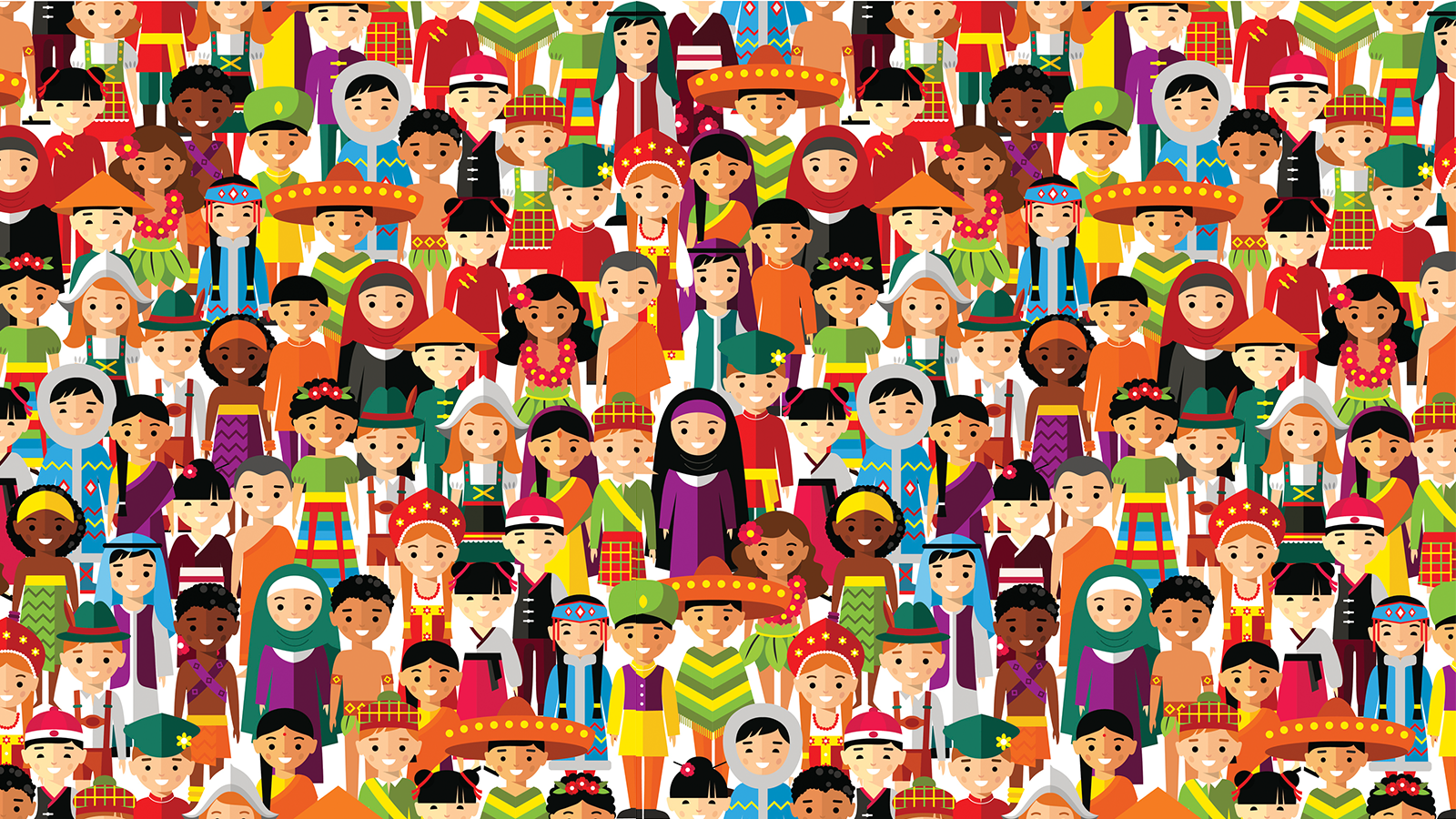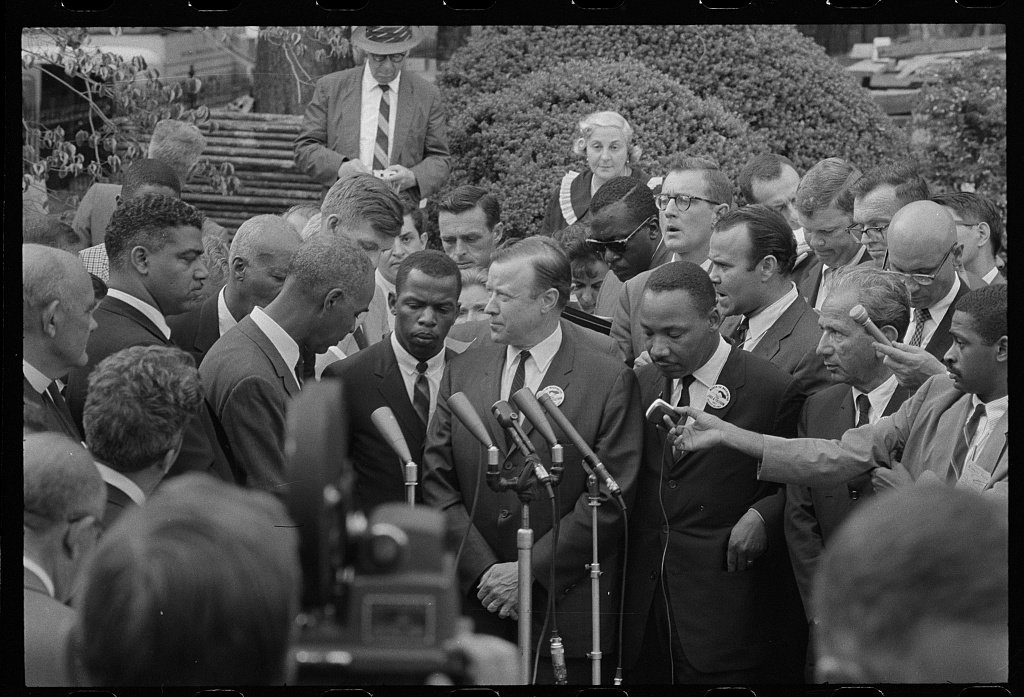
As we stand on the precipice of change. We must address several pertinent issues that relate to the Black Lives Matter movement. Change is inevitable, and if things are to be different, a level of respect must be developed between all parties. How do we address these issues? What must we do to ensure students move progressively toward making systemic change?
The National Council for the Social Studies (2020) identifies in their national standards theme 1 as culture. Culture can encompass a belief system, religion, or political ideal or even influence a movement. How do we address culture in the classroom?
First, we must recognize the uniqueness of our students. Just as they are individuals bringing diverse experiences to the classroom daily, we must respect their differences by providing a safe and secure environment that allows them to be their natural selves. A classroom that brings out a student’s own ethnic personality for others to know who they are and their unique makeup is critical. What can we do to develop a mutually exclusive respect for culture in our classroom? Here are a few suggestions:
Establish Pen Pals
The old-fashioned way of communicating through writing can support your students emotionally and help build relationships. Although social media has replaced many forms of how children communicate, writing an old-fashioned letter is priceless.

Source: istock.com/Wavebreakmedia
During this pandemic, some students have become isolated due to not attending school on a daily basis. A letter can help a student connect personally with other students. Letters help students share their feelings, emotions, and pieces of themselves that are true to who they are and their culture. A letter allows for a more intimate form of communication and also helps students to become more confident in their writing skills. The letters can detail events of their daily lives that some may not want to outline on social media. I recommend allowing students the opportunity to use snail mail so they can make a more personal connection.
Music
Music is a universal platform that supports all cultures and ethnicities. It defines a period of time—an age or an epoch. Music is culture. It generally has a unique message and defines who we are as a collective people to speak a universal language.
When we communicate through music, it is unbiased, peaceful, and serene. There is no force of who or how things should be, just a free form of expression. It explains and supports the culture of all students. Enlist the support of your band, orchestra, or chorus teachers to help you create lessons that can profile cultural music into your lessons. Softly playing music from a specific historical era of study in the background helps students recognize rhythms and beats that are familiar. They may even want to query about the history of that song and contribution of the artist to the genre.

Source: Library of Congress; [Civil rights leaders talk with reporters after meeting with President John F. Kennedy after the March on Washington, D.C.]
Historical Characters
Historical characters or guest speakers can make an indelible mark on your classroom. During this time of virtual learning, students need to be in personal touch with history, while they are a part of history in the making. We can bring characters to the classroom who can shed some light on the events that are currently happening and explain why history is repeating itself! Guest speakers or historical characters are eyewitnesses to events of the past and current events. To contact a speaker who lived, participated, or created a historical event is an essential education tool that many students may or may never experience.
The civil rights movement lost two giants in the past month: Reverend C. T. Vivian and Congressman John Lewis. Both of these men marched with Dr. Martin King Jr. and made indelible marks on our history. Before their deaths, these men were available for in-person speaking engagements. Being grounded in our age is rare, but both of these men embodied the essence of this characteristic and shared it with the world. There are many ways your students can connect with the historical markers they left on American and black culture. Reverend Vivian created several programs that support black students today. Have your students research these programs and create a persona of the man to share with the class and create a historical precept of the contributions that he made to humankind. All of this can be created in PowerPoint, Storyboarder, Vimeo, or Powtoons or projected through a Zoom or Microsoft Team meeting since we will be virtual in the fall. Several of the news media outlets have a plethora of information on Reverend Vivian. Search YouTube, CNN, MSNBC, or ABC News, to name a few media outlets.
Congressman Lewis was so genuine that his life is in print and media with his personal narrations. His autobiographical graphic novel trilogy, March, brings his story to life and shares his true feelings and emotions about growing up in the Jim Crow South. Congressman Lewis physically fought against segregation. Just before his death, he completed a movie called Good Trouble. This narrative also focuses on Lewis’s life, his marches with Dr. King, the infamous march across the Edmund Pettus Bridge in Selma, and his never-ending fight to right the wrongs in this world by “getting into ‘good trouble.’”
As educators, our main purpose is to protect our students and ensure that they feel valued. We are all diverse and different, and there is no better place than the classroom to share, teach, and impart the knowledge needed to accept those differences, support them, and value the students who bring their diverse cultures to the classroom each day.
Active Classroom can aid your classroom with primary source activities
Access a free trial and start engaging students today
References
National Curriculum Standards for Social Studies: Introduction. (n.d.). Retrieved July 25, 2020, from https://www.socialstudies.org/standards/national-curriculum-standards-social-studies-introduction
Obenchain, K. M., & Morris, R. V. (2014). 50 Social Studies Strategies for K-8 Classrooms. Pearson Higher Ed.
Sheree Turner, Ph.D. is a Master Teacher Leader in an urban school district in Atlanta and a 27-year veteran educator specializing in English language arts (ELA) and social studies. Dr. Turner is also an adjunct professor with University of Phoenix in the School of Education graduate studies. She is certified in middle grades social studies, gifted-learner endorsed, and reading endorsed. Her area of interest is ensuring social studies does not become extinct in the 21st century classroom.